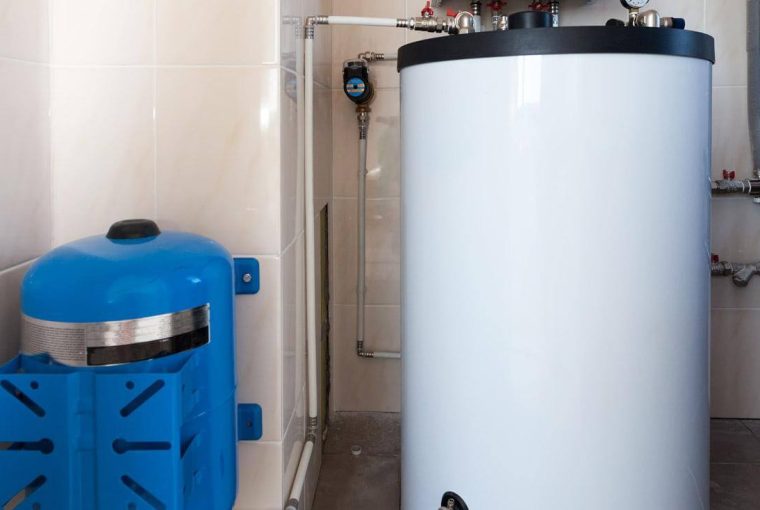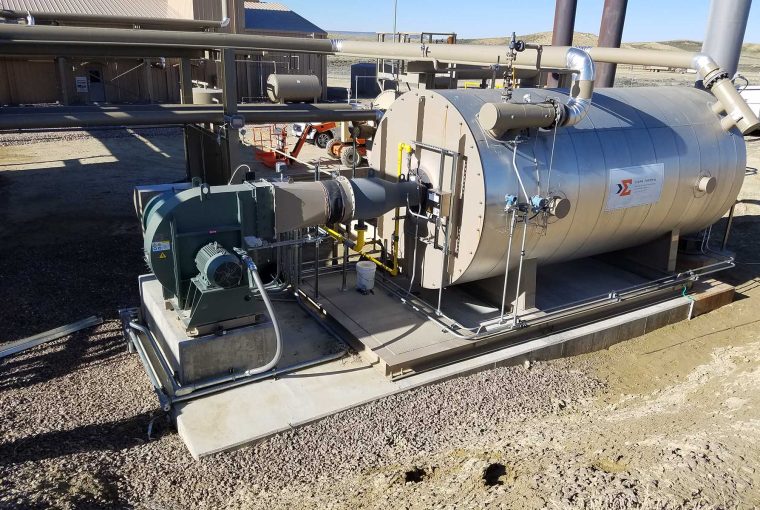In the ever-changing landscape of home improvement and renovation, individuals who own houses might encounter circumstances where the relocation of a water heater becomes imperative. Whether it arises from endeavors in remodeling, limitations in space, or the pursuit of energy efficiency, comprehending the elements that affect the expenses associated with moving a water heater can empower people to make well-informed choices.
This article aims to explore the diverse factors that influence the cost of relocating a water heater in 2023, equipping readers with valuable perspectives to aid in their planning, budgeting, and estimation of prospective expenditures.
Factors Influencing the Cost:
The overall cost for relocating a water heater in 2023, including labor, modifications, permits, and potential upgrades, can vary from $1,000 to $4,000 or more, on average, depending on specific circumstances and decisions made. Let’s get into more detail, so you may know the possible requirements.
Labor Costs:
One of the significant expenses associated with moving a water heater in regards to the cost to relocate the water heater is the professional labor. Skilled plumbers or contractors are required to disconnect and drain the current water heater, cautiously remove it, and subsequently install and reconnect it at the new site. The cost of labor may fluctuate based on the intricacy of the project, prevailing rates in the local market, and the duration needed to finish the task. On an average scale, homeowners can anticipate spending somewhere between $300 to $600 for labor.
Distance and Accessibility:
The cost associated with relocating the water heater greatly depends on the disparity between its current and future positions. Longer distances necessitate more time and effort for transportation, which may elevate labor expenses. Furthermore, the accessibility of both sites can influence the intricacy of the relocation procedure. Difficult-to-reach areas or cramped areas may demand extra maneuvering and potentially lead to augmented costs. Consequently, supplementary charges ranging from $100 to $300 could be applicable, contingent upon the specific circumstances.
Plumbing and Electrical Modifications:
Modifying the current plumbing system is often required when relocating a water heater. Such modifications could encompass redirecting pipes, adding or extending gas lines, and adapting water supply lines. The degree of these adjustments hinges on the unique demands of the new placement. So, the expenses incurred would fluctuate accordingly, factoring in the required materials, labor, and intricacy of the plumbing alterations. Homeowners should anticipate a cost range of $200 to $800, depending on the complexity of the modifications.
Apart from the alterations made to the plumbing system, the repositioning of a water heater might necessitate electrical modifications as well. This entails ensuring proper electrical connections and compatibility with the new location’s power supply. It may entail the installation of new circuits or the extension of preexisting ones to fulfill the electrical prerequisites of the water heater. Comparable to the plumbing adjustments, these electrical adaptations will impact the total expense associated with the relocation. Seeking guidance from a certified electrician is recommended to ensure both safety and adherence to electrical regulations throughout the procedure.
Permits and Code Compliance:
Compliance with local building guidelines and regulations is crucial when moving a water heater. Acquiring permits for the transfer might be mandatory, depending on the specific jurisdiction. The expenses associated with permits can fluctuate considerably, depending on the geographical area and the project’s complexity. Homeowners can generally expect permit costs to range from $50 to $300 on average.
Upgrades and Enhancements:
Homeowners, when moving a water heater, have the chance to enhance their system or implement efficiency enhancements. One possibility is to transition to a tankless water heater or set up a brand-new energy-efficient model, which may involve higher initial expenses but can result in long-term savings. Therefore, the expenses associated with these upgrades could vary based on the particular model selected and any supplementary adjustments necessary. The price range for tankless water heaters can extend from $800 to $2,000 or beyond, whereas traditional tank-style heaters can range between $500 and $1,500.
Final Thoughts:
Several cost factors are involved in the relocation of a water heater in 2023, encompassing labor, distance, accessibility, adjustments to the plumbing, permits, and potential upgrades. To obtain accurate expense estimates, folks should seek the advice of experienced professionals who can evaluate their individual requirements and provide comprehensive cost assessments. By taking into account these factors and budgeting accordingly, homeowners can make well-informed choices regarding the relocation of their water heater, ensuring a seamless and efficient transition that aligns with their preferences and needs.



